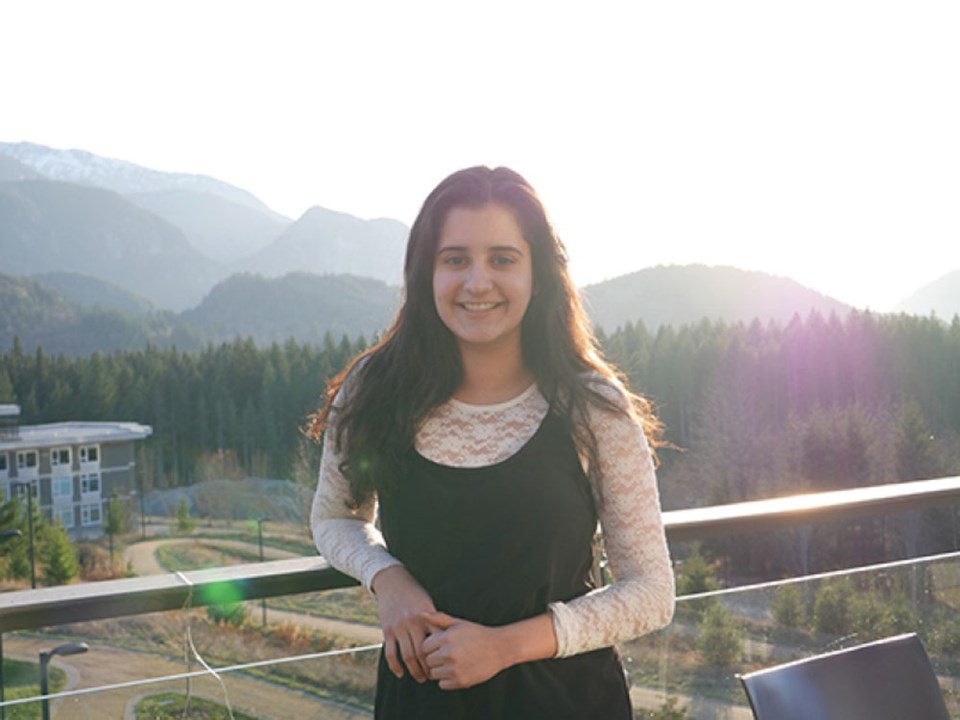As Maria-José Araujo's film begins, colourful shots of the streets of El Salvador unfold onscreen. The beautiful images of the Quest University student's home country are interrupted by the voices of news reports describing women's bodied found murdered.
The stories of violence against women in El Salvador are so common, Araujo said, that when she returned home, she didn't need to have a subject in mind. Over the course of two months, many women came forward to share their stories with Araujo and her camera.
“Most women back home, when you say we’re talking about violence toward women, they know what it’s about. They understand the importance of talking about it, because I don’t think women are given enough space to share their experiences,” Araujo said.
The women featured in the final piece come from different backgrounds. El lugar donde la luz toca, which translates to The Place Where the Light Touches, follows them through their homes or where they work, shooting intimate close-ups of the details of the world they live in. Araujo said it was important to her to show not only the women’s pain, but things that bring them joy.
“More than anything, I learned that we are all more similar than we think we are. Even having different backgrounds, at the end of the day, everybody wants the same thing: To be safe, to be happy and to be able to grow,” she said.
When she was preparing to return to El Salvador to film, Araujo worked four jobs and crowdfunded for the project. While she didn’t reach her financial goal, Araujo said it was the emotional support she received that was the most encouraging. Since she presented her thesis film, it was selected to be in Quest University's senior showcase, featured alonside four other projects. Now, Araujo wants even more people so hear these stories.
Growing up in El Salvador, she said there were many films she wasn’t able to watch because they were hard to find online or buy in the country, so Araujo put her documentary on YouTube, where it can be watched for free. She also hopes to enter it in the Vancouver Latin American Film Festival.
“I was happy I could bring those stories out into the world,” she said.



